Science: Best long reads of 2016 (part one)
Science: Best long reads of 2016 (part one)
There have been plenty of interesting stories behind the news headlines this year.
Here's a festive selection of the best science and environment long reads of 2016.
Are fitbands the future of genetic research? By Kat Arney

Data from personal bio-monitoring devices such as fitbands and smart watches, when combined with genetic information, could be a powerful tool in medical research. But what will all this tell us about ourselves
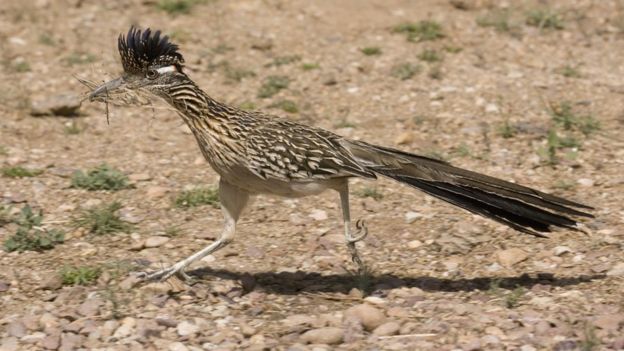
Free movement between the US and Mexico - the hottest of topics during the 2016 US presidential campaign - is not just a human issue. What would a clampdown mean for animals that live near the border?
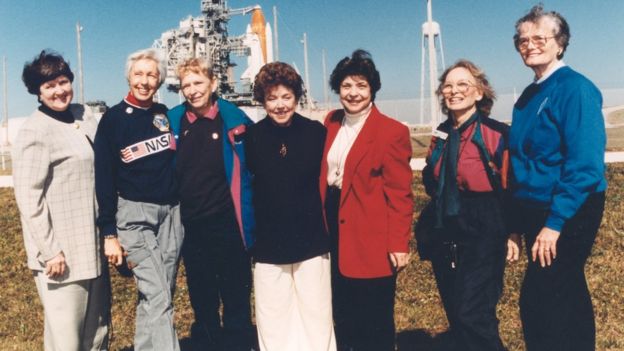
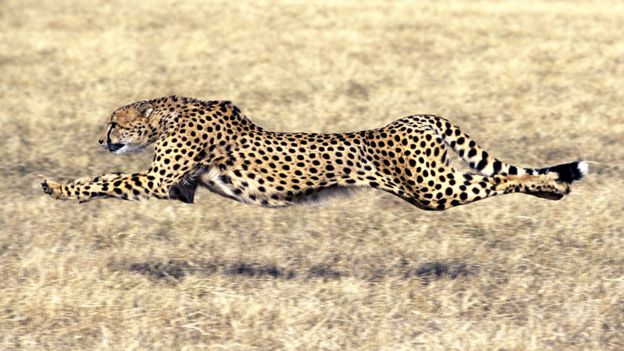
Pitiful scenes of cheetah cubs lying emaciated and bewildered highlight one of the cruellest but least-publicised examples of illegal wildlife trafficking. The trade exacts a terrible toll on the fastest land animal, which now faces a serious threat to its survival.
Where should we look for alien life? By Paul Rincon
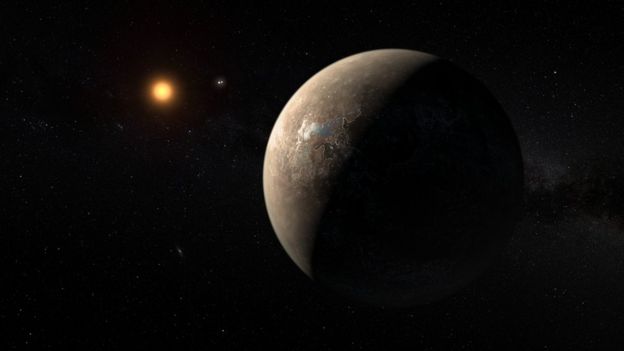 ESO / M. KORNMESSER
ESO / M. KORNMESSER
The number of potentially habitable worlds discovered orbiting other stars goes up every year. But some evidence suggests the most common types of star in the galaxy might be hostile to biology as we know it. So how do astronomers decide whether a planet is hospitable to life?
Solving Malawi's power crisis. By Matt McGrath
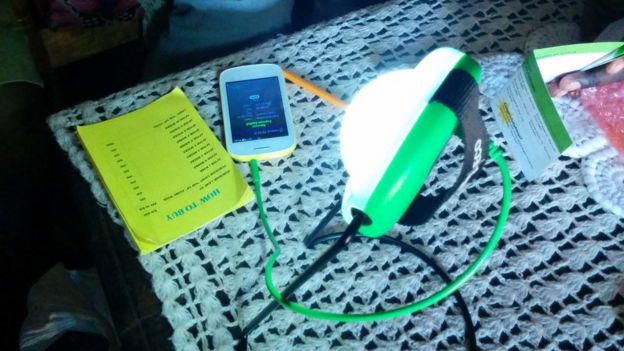 SOLARAID
SOLARAID
The amount of electricity per person in sub-Saharan Africa is lower today (excluding South Africa) than it was 30 years ago. In Malawi, the situation is dire, with just 1% of people in rural areas connected to the grid. Could small-scale solar-powered lamps make a difference?
Global warming and the race for the White House. By David Shukman.
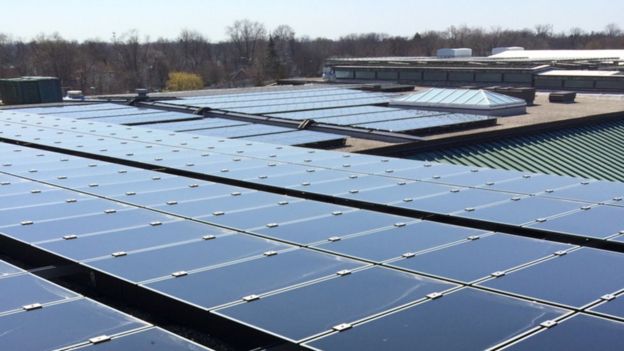
The two candidates in the race for the White House this year offered starkly different visions on global warming. BBC Science Editor David Shukman went to the swing state of Ohio to see how this was playing out.
Aucun commentaire: